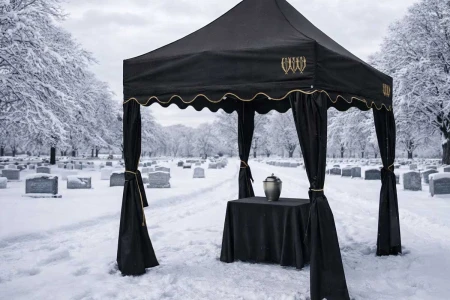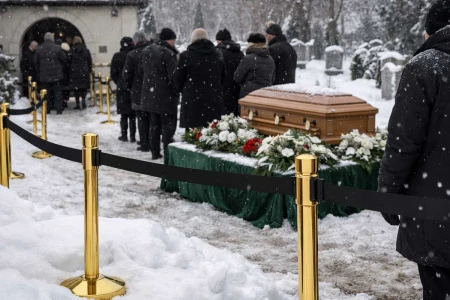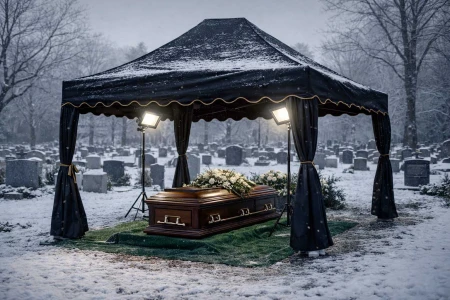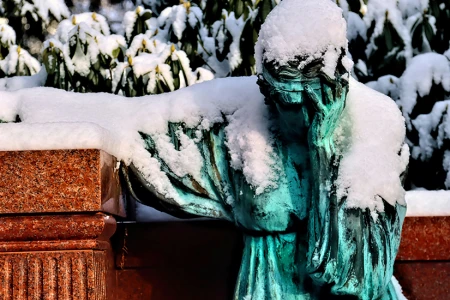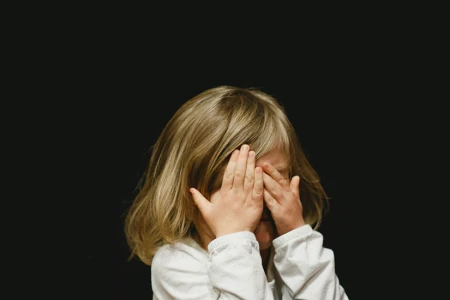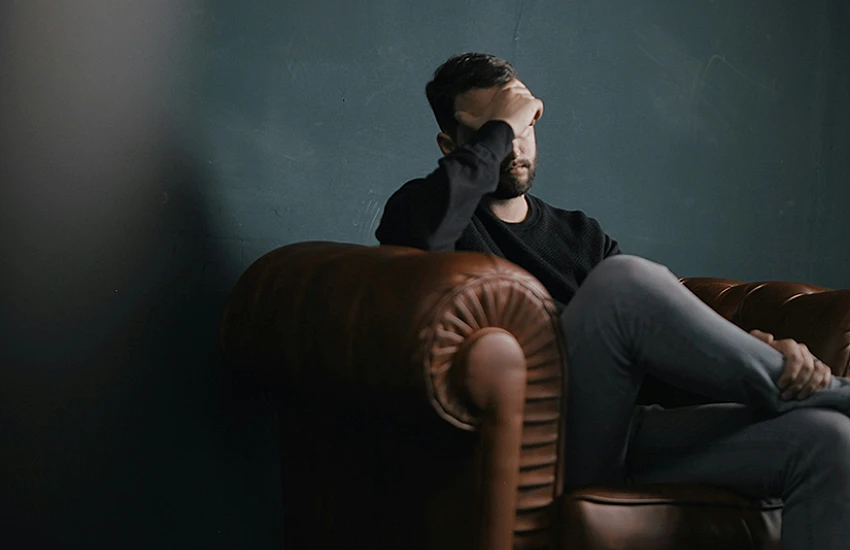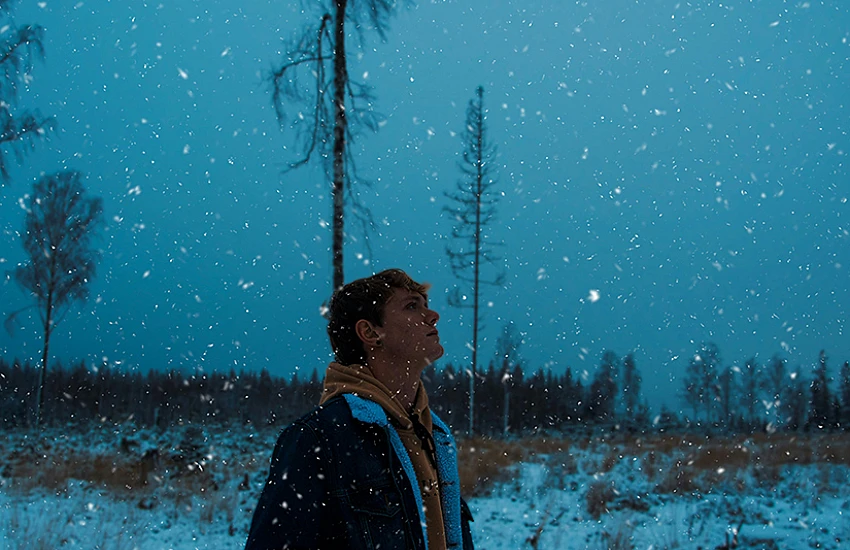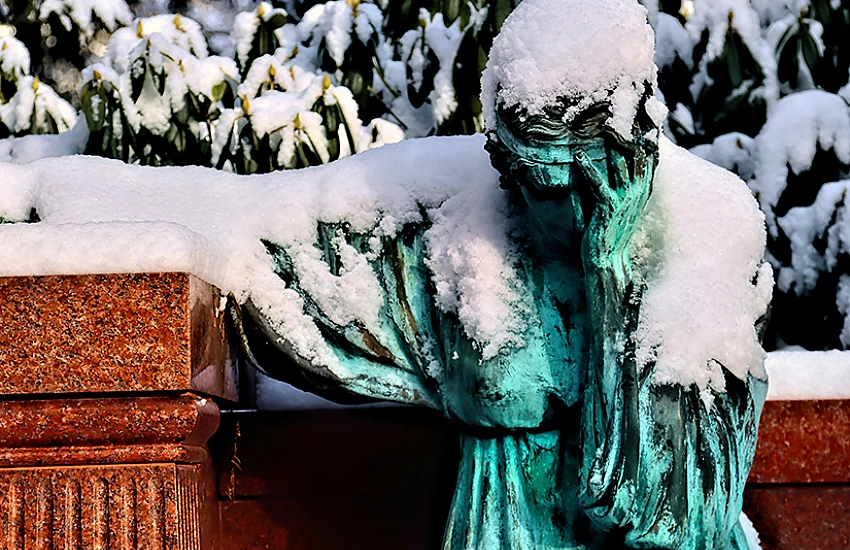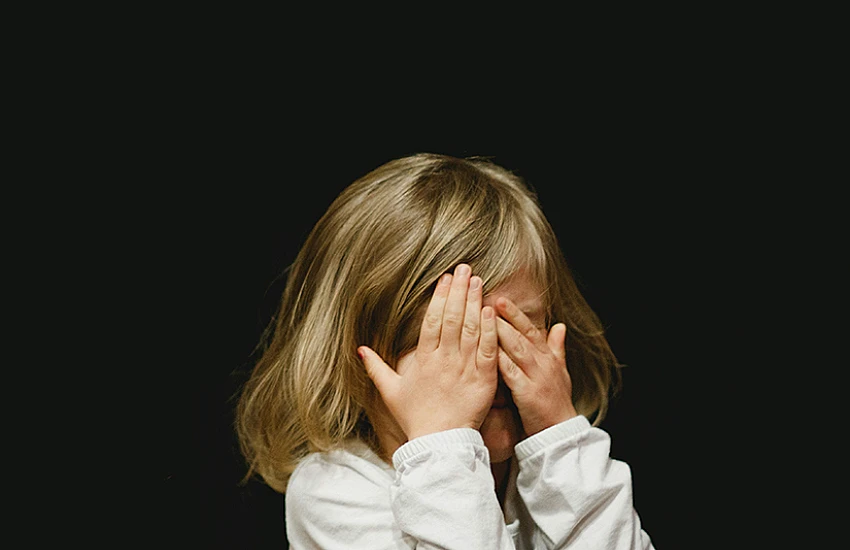Table of Contents
- The Significance of the Holidays in the Context of Emotions and Memories
- How Does Losing a Loved One Affect the Holiday Season?
- What Challenges Does Grief Bring During the Holidays?
- How to Cope with Grief During the Holiday Season?
- How to Support Someone Grieving During the Holidays?
- The Importance of Memory and Remembrance During the Holidays
- The Role of Community and Spirituality in Grief Support
- Practical Tips for Coping During the Holidays
- The Role of Nature in the Grief Process During the Holidays
- How to Involve Children in the Grieving Process During the Holidays?
- How Can Social Media Help During Grief?
- Support and Products for Funeral Homes
- Frequently Asked Questions on Coping with Grief During the Holidays
The holiday season is a time associated with joy, togetherness, and celebration. It’s a time spent with family and friends, sharing memories, laughter, and warmth. However, for many, the holidays can be a difficult period, especially when accompanied by grief, loss, or feelings of loneliness. An empty chair at the table may remind us of someone who is no longer with us, and holiday music and decorations may evoke painful memories instead of providing comfort. If you find yourself in this situation, this article is for you. We will discuss how to manage emotions during the holidays, how to allow space for grief, and how to find a way to experience these days with some peace and hope. There’s no one-size-fits-all solution, but there are strategies that can help ease difficult emotions and restore balance to your heart. Let’s dive into ways to make this holiday season a little lighter.
The Significance of the Holidays in the Context of Emotions and Memories
Holidays are a unique time, full of symbolism and deep emotions. For many, it’s a time spent with family, creating lifelong memories. However, for those grieving, holiday decorations, melodies, and traditions can become painful reminders of loss.
How Does Losing a Loved One Affect the Holiday Season?
The loss of a loved one changes the way we experience the holidays. The emptiness at the Christmas table and the absence of a beloved presence can lead to feelings of loneliness and difficulty in celebrating the season.

What Challenges Does Grief Bring During the Holidays?
Emotional Difficulties: Sadness and Loneliness
Grief during the holiday season is often accompanied by deep sadness. The joys of the holidays can contrast sharply with the feelings of loss, which tend to intensify during this time.
Social Pressure to Celebrate Joyfully
The societal expectation of joy during the holidays can create additional stress. During grief, it’s important to give yourself permission to feel your emotions without guilt for not having the “holiday spirit.”
How to Cope with Grief During the Holiday Season?
Allow Yourself to Feel Sadness and Reflect
You don’t have to force yourself to be happy. Grief is a natural process that takes time. It’s important to find moments for reflection, such as lighting a candle in memory of your loved one.
Create New Traditions and Rituals
Creating new traditions can help ease difficult emotions. This could involve volunteering, making your own holiday decorations, or introducing a new custom to honor the person you’ve lost.
Lean on Family and Friends for Support
Loved ones can provide great support during this time. Sharing memories of the deceased can bring relief and strengthen relationships.
Professional Help – When to Seek Support?
If grief becomes overwhelming, it’s worth considering a consultation with a psychologist or therapist who specializes in grief counseling.

How to Support Someone Grieving During the Holidays?
Words and Gestures That Help
Being present and listening is crucial. Simple words of support, such as “I’m here for you,” can mean more than complicated advice.
What to Avoid?
Avoid trivializing the feelings of someone in grief. Phrases like “Time heals all wounds” can cause additional pain.
The Importance of Memory and Remembrance During the Holidays
Finding a way to honor those who have passed is essential. This could include creating a memorial space, preparing a favorite dish of the deceased, or spending time reminiscing about them.
The Role of Community and Spirituality in Grief Support
Grief Support Groups
Meeting with others who have experienced similar losses can bring comfort and help you realize that you are not alone.
Spirituality as a Source of Healing
Religious traditions, such as masses for the deceased, can assist in experiencing grief in a larger context of meaning.

Practical Tips for Coping During the Holidays
Preparing for the Holidays
Creating a list of priorities can help reduce stress. You don’t have to engage in all the duties—choose those that are important to you.
Alternative Ways of Celebrating the Holidays
A getaway to nature or volunteering can give a sense of purpose and divert attention from the pain.
Holidays as a Time for Reflection and New Beginnings
Though challenging, the holiday season can also be a time for reflection on your own life and values.
Mindfulness and Gratitude in Everyday Life
Practicing mindfulness, such as through meditation or keeping a gratitude journal, can help you find moments of peace even amid difficult emotions. Focus on small positives—like a warm smile, supportive words, or moments of relaxation.
A Symbolic Closure to Grief
Some individuals use the holiday season to perform symbolic gestures that help close a chapter in their grief process. This could involve writing a letter to the deceased, planting a tree in their honor, or making a donation to a cause in their name.
The Role of Nature in the Grief Process During the Holidays
Time spent outdoors—whether walking in the woods, hiking in the mountains, or visiting a favorite spot of the deceased—can provide comfort. Nature has a powerful ability to calm emotions and restore psychological balance.
Walking as Therapy
Studies show that spending time in nature reduces stress and helps manage difficult emotions. The holidays are a good time to incorporate such rituals into your daily life.

How to Involve Children in the Grieving Process During the Holidays?
Children may also feel the loss during the holidays, though they may not always express their emotions openly.
Simple Conversations and Shared Memories
Encourage children to share their feelings in a way that suits their age. You can create a “memory book” about the deceased, draw holiday decorations that honor them, or light a candle in their memory.
Introducing Children to New Traditions
Children often respond well to new rituals that can help them process the loss. This might involve watching the deceased’s favorite films together or holding a small, symbolic Christmas Eve ceremony.
How Can Social Media Help During Grief?
In the digital age, social media can become a space of support during the holiday season.
Online Support Groups
There are many Facebook groups or online forums that bring together individuals in grief. Sharing experiences with others who are going through similar struggles can be very helpful.
Virtual Memorials
Some individuals choose to create virtual memorial spaces for the deceased, such as on social media platforms. This can be a way to honor their memory and share stories with others who also knew them.

Support and Products for Funeral Homes
On our website, you will find more articles on coping with grief, as well as products that can help with dignified remembrance. From memorial candles to elegant funeral accessories, we offer solutions that allow you to honor the memory of your loved ones in the most appropriate way. Explore our offerings and learn more.
Frequently Asked Questions on Coping with Grief During the Holidays
Why does grief intensify during the holiday season?
Holidays are a time full of symbolism, family traditions, and memories. When a loved one is missing, we feel their absence more acutely, which can intensify sadness and the sense of loss.
How to cope with the social pressure to be “joyful” during the holidays?
Allow yourself to be authentic and experience emotions as they come. You don’t need to fake joy. You can explain to loved ones that this year, you need time for reflection and sadness.
Should I create new traditions after the loss of a loved one?
Yes, creating new traditions can help build fresh memories and reduce the pain of the absence. Choose rituals that have personal meaning to you.
What if holiday decorations cause only sadness?
If decorations are too difficult, you can limit them or skip them entirely this year. You may also choose a minimalist decoration style that doesn’t evoke too many memories.
How to support children in grief during the holidays?
Children need simple explanations and opportunities to express their feelings. Conversations, memories of the deceased, and involving them in new rituals can help them cope with the difficult time.
Is it okay to spend the holidays alone if I don’t have the energy for gatherings?
If solitude is what you need right now, that’s perfectly okay. It’s important to take care of your emotions—through walks, meditation, or phone calls with loved ones.
What gestures can help commemorate the deceased during the holidays?
Lighting a candle, placing a photo, making the deceased’s favorite dish, or reminiscing about them during Christmas Eve dinner are gestures that keep their memory alive.
When should I consider seeking professional help for grief?
If grief begins to interfere with daily functioning, causes chronic sadness, or leads to isolation, consider consulting a psychologist or therapist specializing in grief counseling.
How can support groups help during the holidays?
Support groups provide a space to talk with people who are going through similar struggles. Sharing feelings can bring understanding and help find coping strategies during this difficult time.
Can I completely skip holiday celebrations during this time?
Yes, if celebrating this year feels too difficult, it’s okay to skip some or all traditions. However, it’s important to take care of yourself in other ways—such as resting, traveling, or engaging in activities that bring comfort.


